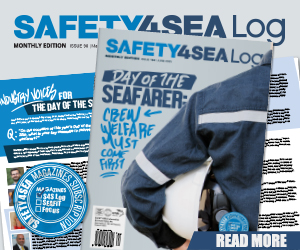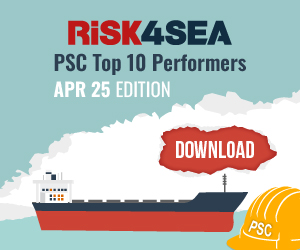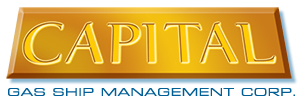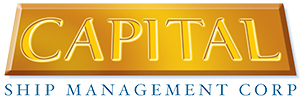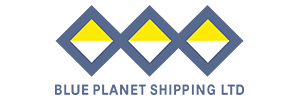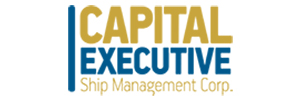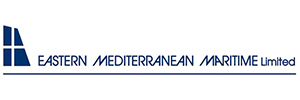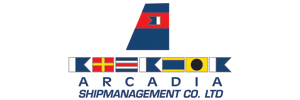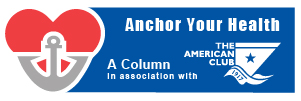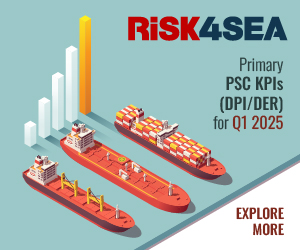USA: US$15,000 fine for 2 gallon spill
Olympic Tug and Barge penalised for Seattle oil spill The Department of Ecology in the US West Coast state of Washington says it has fined Olympic Tug & Barge Company US$15,500 for an 13 April spill of two gallons of diesel fuel into the East Waterway off Harbor Island in Seattle. According to Ecology the incident involved crew inattention during a fuel transfer between two tugs. Washington law is very clear about oil spill prevention, said Dale Jensen, who manages Ecologys spill prevention, preparedness and response programme. All fuel transfers are serious business, every time. This penalty is about a failure to exercise that care. An Ecology statement says that Olympic crews began to transfer 25,000 gallons of diesel fuel from the tug CF Campbell to the tug Hunter D. About 13,000 gallons into the transfer, a member of the Campbells crew noticed fuel flowing out of a vent tube on the Hunter D. The crews stopped the transfer, began clean-up work, and notified Ecology and the U.S. Coast Guard. The spill totalled five gallons. Three gallons remained on deck, and just two went into the East Waterway. Ecologys follow-up investigation "conducted with the US Coast Guard and with Olympics...
Read moreDetails































